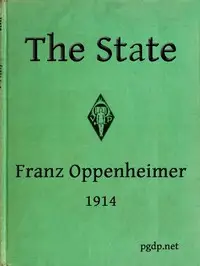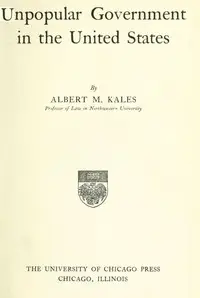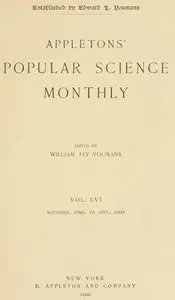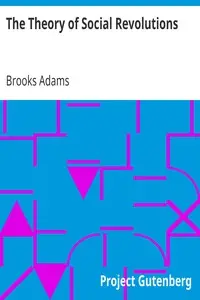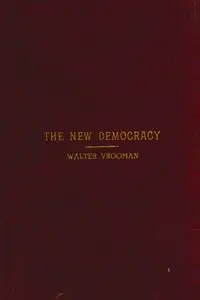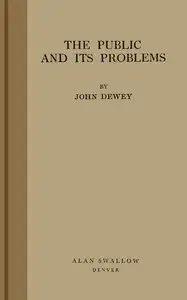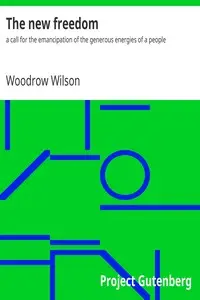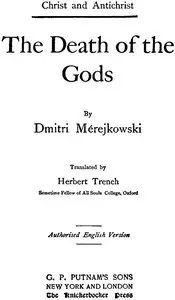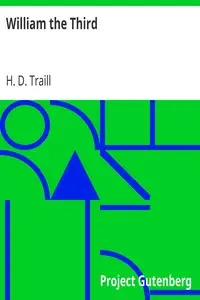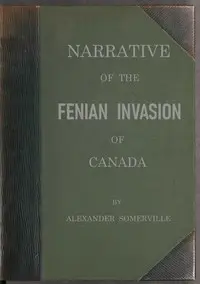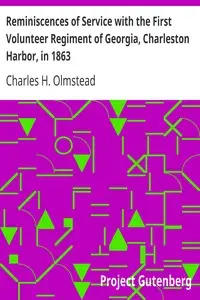"The New State: Group Organization the Solution of Popular Government" by Mary Parker Follett is a book about fixing democracy in the early 1900s. It says that old-fashioned ways of running the government aren't working well and suggests a fresh approach: group organization. The book digs into how people work together and how those connections can help people speak their minds and make democracy better. The book starts by saying that how we do democracy now isn't good enough because it depends too much on things like political parties and voting, which don't take into account how complex people are. Follett argues that real democracy should be based on groups where people share ideas and experiences to make decisions together. The author creates a vision for government where everyone is involved and connected, believing that this is essential for democracy to succeed in the future.
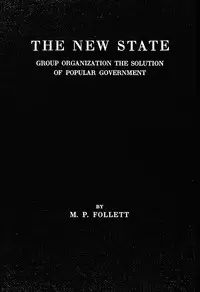
The new state : $b Group organization the solution of popular government
By Mary Parker Follett
Discover how a groundbreaking idea of group collaboration seeks to revolutionize government and empower individuals as never before.
Summary
About the AuthorMary Parker Follett was an American management consultant, social worker, philosopher and pioneer in the fields of organizational theory and organizational behavior. Along with Lillian Gilbreth, she was one of two great women management experts in the early days of classical management theory. She has been called the "Mother of Modern Management". Instead of emphasizing industrial and mechanical components, she advocated for what she saw as the far more important human element, regarding people as the most valuable commodity present within any business. She was one of the first theorists to actively write about and explore the role people had in ineffective management and discuss the importance of learning to deal with and promote positive human relations as a fundamental aspect of the industrial sector.
Mary Parker Follett was an American management consultant, social worker, philosopher and pioneer in the fields of organizational theory and organizational behavior. Along with Lillian Gilbreth, she was one of two great women management experts in the early days of classical management theory. She has been called the "Mother of Modern Management". Instead of emphasizing industrial and mechanical components, she advocated for what she saw as the far more important human element, regarding people as the most valuable commodity present within any business. She was one of the first theorists to actively write about and explore the role people had in ineffective management and discuss the importance of learning to deal with and promote positive human relations as a fundamental aspect of the industrial sector.

